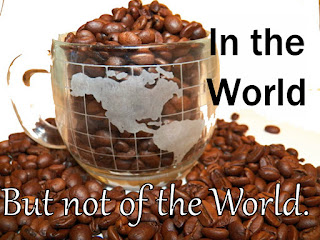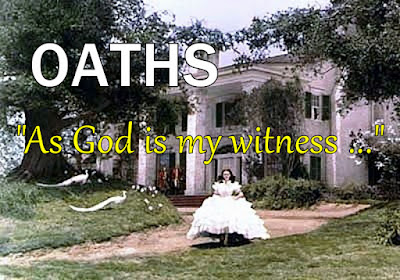COMPASSIONATE MERCY
If you would like to watch a video of this message that includes the scripture readings and prayers, please go to: https://youtu.be/f_HQrxjVdF8
Psalm
100
Ezekiel
34:11-24
Matthew
25:39-46
I’m
not saying it’s going to get wild today, but it is certainly going to get
wooly. Boy, do we have sheep today –
sheep in flocks, stray sheep, hungry sheep, fat sheep and skinny sheep. Throw in some goats and a parable about the
second coming of Christ for good measure, and we have a message about the key to being prepared
for Christ’s return – compassionate mercy.
It’s
an unusual Sunday when three of the four lectionary readings have so much in
common, besides sheep. There’s God’s
loving kindness and care and his faithful commitment to his relationship with
humanity and our welfare. Throw in
mercy, and we have one of the essential characteristics of God’s unconditional
love for us – compassionate mercy.
· “I myself will search
for my sheep…”
· “I will rescue them
…”
· “I will feed them …”
· “I myself will be the
shepherd of my people …”
· “I will bind up the
injured…”
· “I will strengthen
the weak …"
And it says that God will defend his sheep against injustice and bring judgement upon the unjust.
“I will set up over them one shepherd, my servant David, and he shall feed them and be their shepherd. And I, the Lord, will be their God, and my servant David shall be the prince among them; I, the Lord have spoken.”
That shepherd is Jesus, and Jesus is the greatest expression of God’s compassion and mercy for us. As it says in John 3:17, “… God did not send his son into the world to condemn the world, but that the world may be saved,” mercy is when one has the authority and power to punish or condemn someone, but instead chooses to forgive, to redeem the life of that person, whether they deserve it or not.
Compassionate mercy is seeing the image of God in each person and honoring their worth. It means going beyond what is normally expected. It’s investing ourselves, our time and our resources in others in ways that provides for their needs and has a positive, transformational impact on their lives.
Welcome the stranger, feed the hungry, clothe the naked. Visit the sick and those who are in prison. Love as God loves, with compassionate mercy.




Comments
Post a Comment